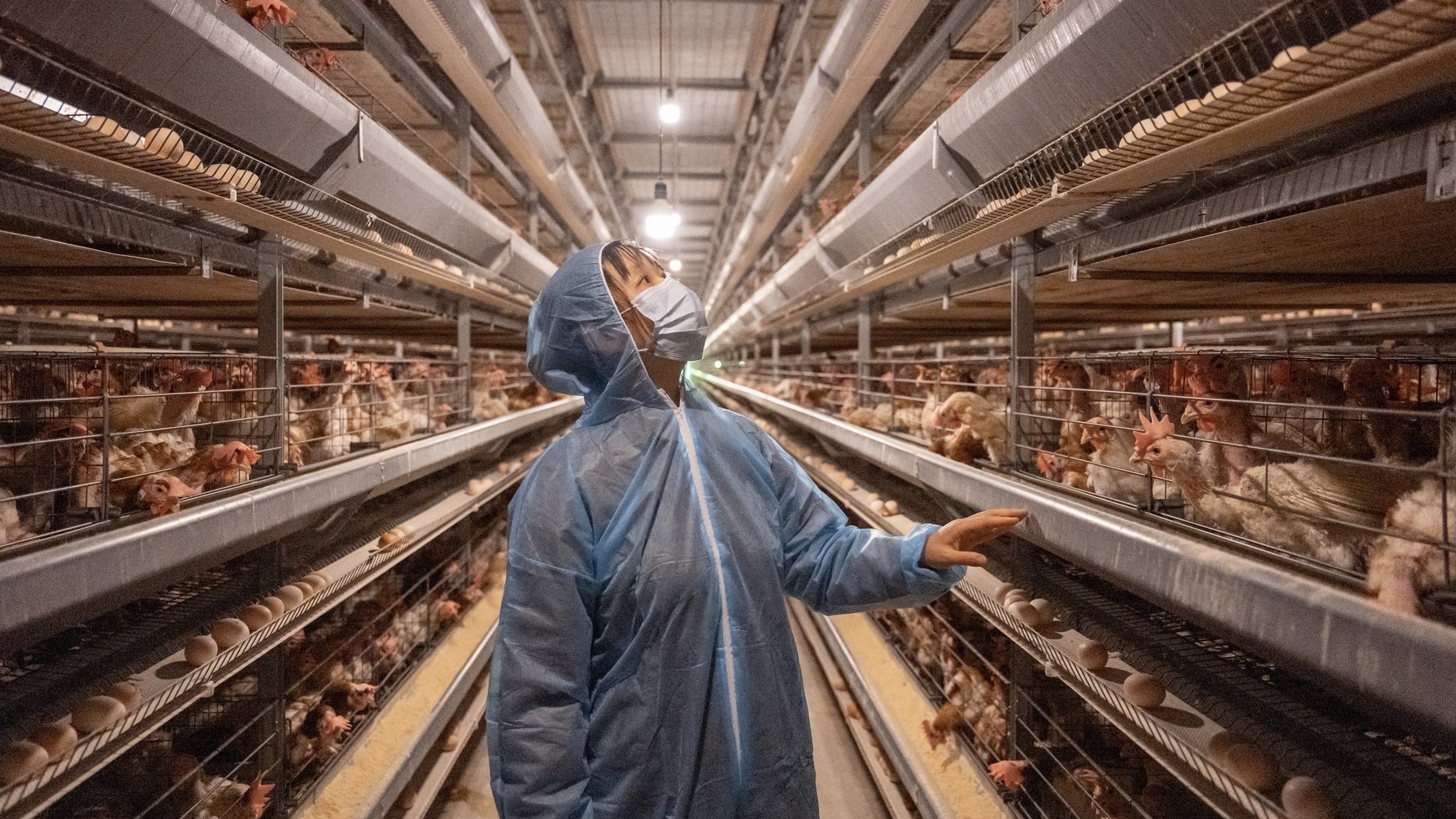In its most recent Common Agricultural Policy (CAP) reform (2023 — 2027), the EU hstrengthened the environmental commitments expected from farmers. As it is acknowledging the significance of farmers in managing natural resources and supplying ecosystem services, subsidies for farmers are now more closely tied to the sustainability and well-being concerns of European citizens.
However, it's important to determine whether society acknowledges these benefits and supports the allocation of public funds for these purposes. Public opinion can vary widely across the EU — different factors, such as individual beliefs, economic considerations, cultural values and awareness of environmental issues, influence how EU citizens perceive and support such initiatives.
In general, there has been an increasing awareness of environmental concerns and the need for sustainable practices across the EU, which has led to greater support for initiatives aimed at reducing the environmental impact of agricultural practices. These include promoting organic farming, reducing pesticide and fertiliser use and supporting local and small-scale agriculture.
Still, opinions are not uniform. Some citizens might prioritise traditional agricultural methods, economic stability and food security over immediate environmental concerns. Additionally, the level of support can also depend on how policies are framed, communicated and implemented.
If citizens understand the tangible benefits of sustainable practices in terms of improved food quality, reduced pollution and long-term environmental sustainability, they might be more inclined to support the allocation of public funds for these purposes.
Public support for sustainable practices?
To determine the opinions of citizens regarding the new CAP and its connection to sustainable farming practices, researchers from the University of Tuscia and Univeristy of Murcia conducted a study involving 185 citizens and funded by the European Commission Horizon 2020 project Diverfarming (grant agreement 728003).
The study, based in the intensively cultivated Po Valley in Italy, aimed to gauge citizens' perceptions, preferences, and willingness to pay (WTP) for ecosystem services tied to the new CAP framework — particularly, the implementation of new General Agricultural and Environmental Conditions (GAEC) guidelines.
The researchers used a unique method called the choice experiment to understand non-farmers' views on ecosystem services, such as clean water, bio-diversity and fertile soil, which are closely tied to agricultural activities. The method entails presenting study subjects with several different options, each with a different combination of factors, in order to determine how much each subject values each factor.
The results suggested a perceived value in enhanced ecosystem services linked to the new agricultural conditions proposed by the CAP. In fact, the perceived value surpassed the current direct payments farmers receive for environmental management of arable land. This analysis indicated that the efforts required by the new CAP reform to establish sustainable agricultural systems could be supported by the positive valuation of citizens.
The citizens surveyed not only acknowledged the environmental advantages of sustainable agriculture but also expressed a demand for specific levels of ecosystem services. They even voiced willingness to contribute financially to ensure the provision of these services. This information is crucial for policymakers as they assess the societal response to the new tools adopted by farmers.
One noteworthy discovery was citizens' positive evaluation of the "Use of Farm Sustainability Tool for Nutrients" (GAEC 5), which focuses on managing nutrients efficiently to prevent water pollution. This indicates that citizens value this particular ecosystem service and are willing to pay for its preservation.
The study also highlighted that the CAP's shift toward sustainability aligned with societal demands, such as combating climate change and pursuing a green agenda.
The new CAP reform introduces more stringent environmental commitments for farmers, making the study's results relevant in emphasising citizens' interests in sustainability.
Limitations and future indications
While the researchers acknowledged the study’s limitations due to its relatively small sample size, they proposed that the methodology be applied on a larger scale across Europe to better gauge public interest in ecosystem services.
This could provide valuable insights for policymakers and stakeholders seeking to bridge the gap between sustainable farming practices and public support, and help justify budget allocations for CAP policies.
They acknowledged the growing attention to the environmental impact of agricultural activities in Europe, the recent CAP reform seeking to align subsidies with sustainability goals, and citizens recognising the benefits of enhanced ecosystem services. This recognition may eventually help to justify the investments required for the transition to more sustainable farming practices.
Source: Science of the Total Environment
“Are citizens willing to pay for the ecosystem services supported by Common Agricultural Policy? A non-market valuation by choice experiment”
https://doi.org/10.1016/j.scitotenv.2023.164783
Authors: Emanuele Blasi, et al.




